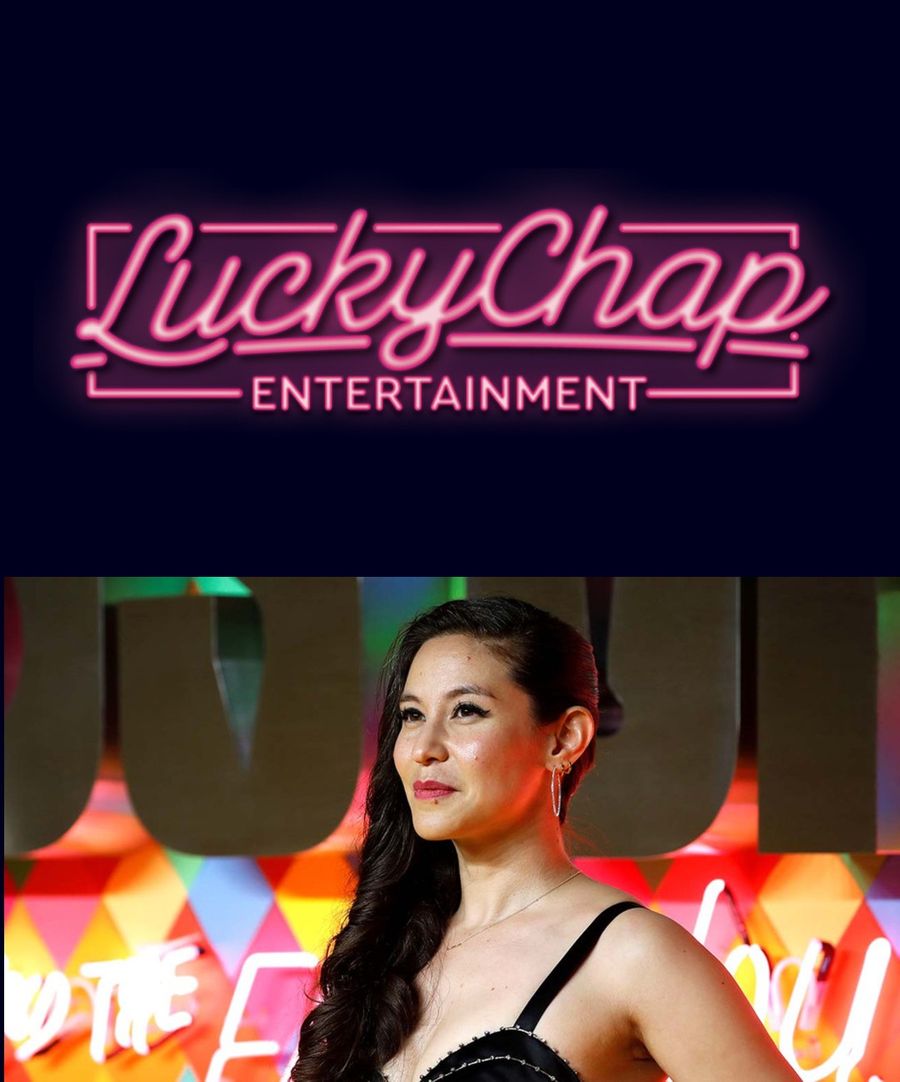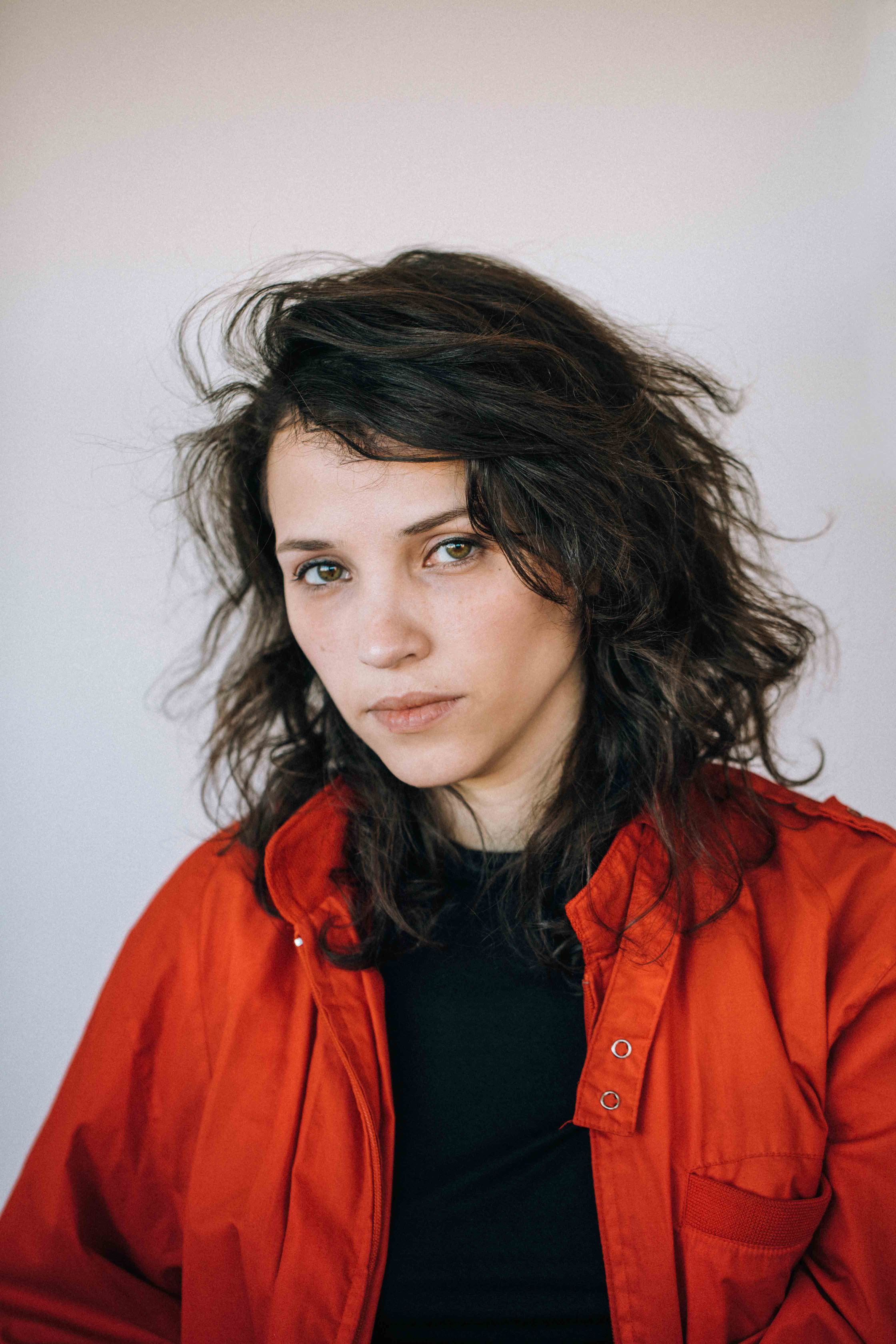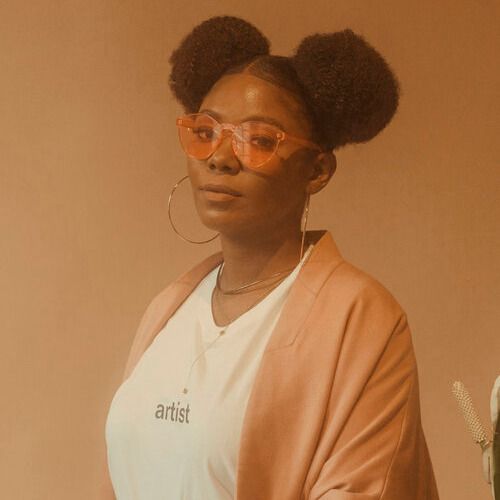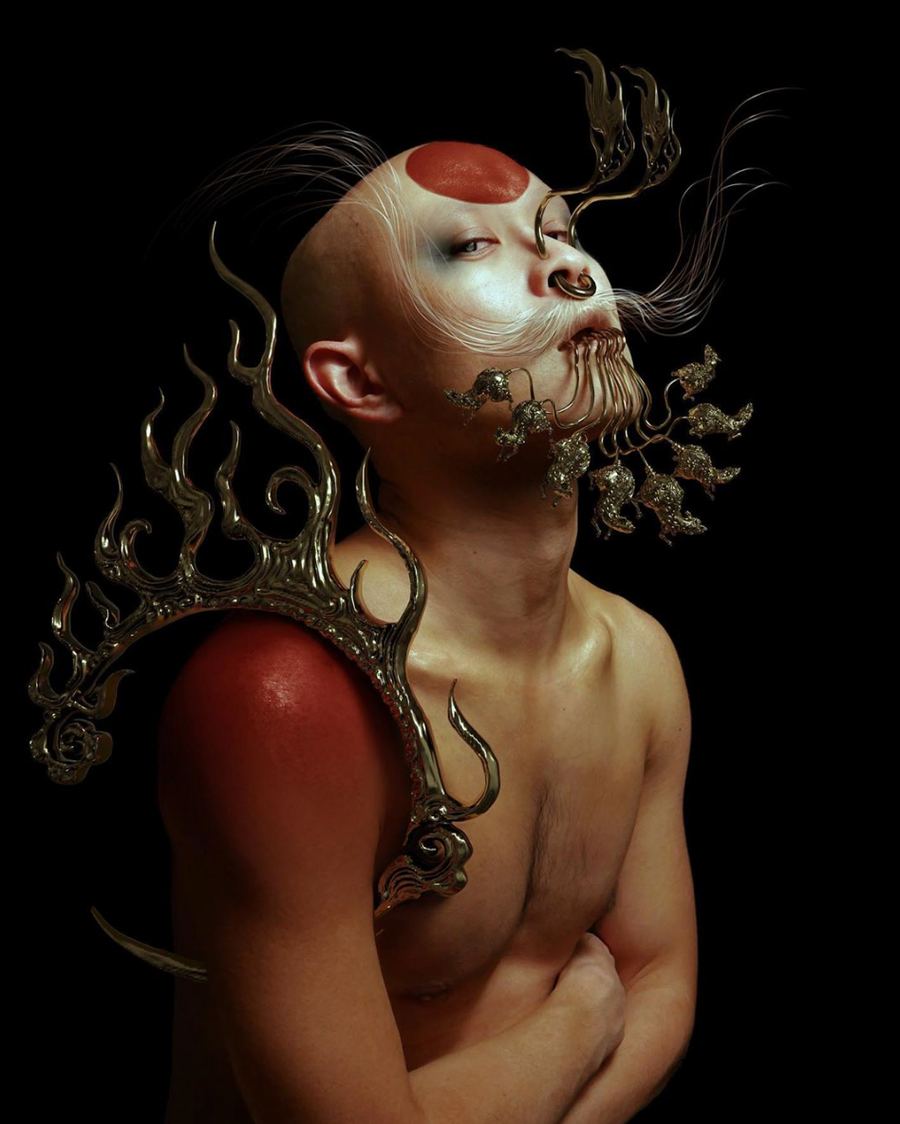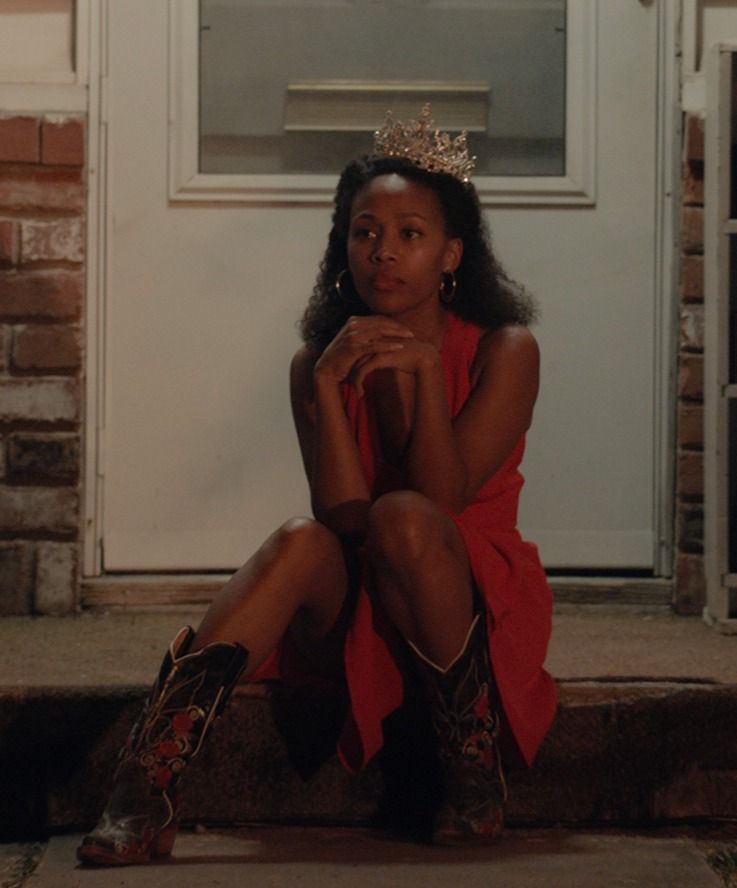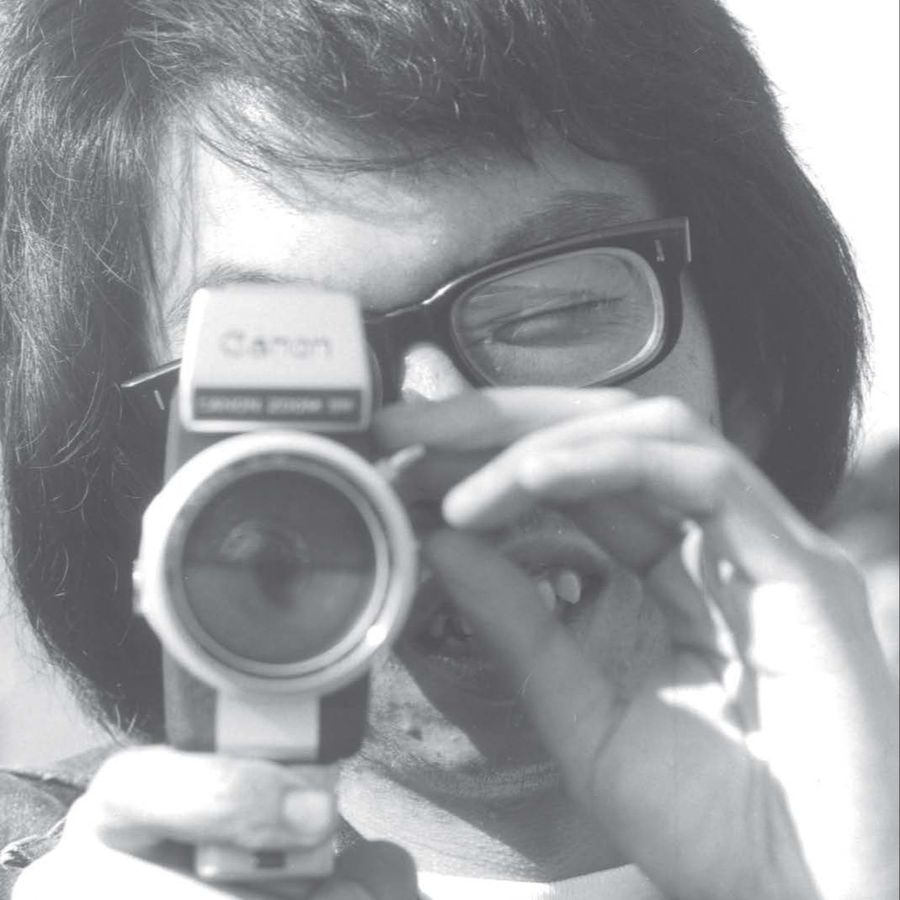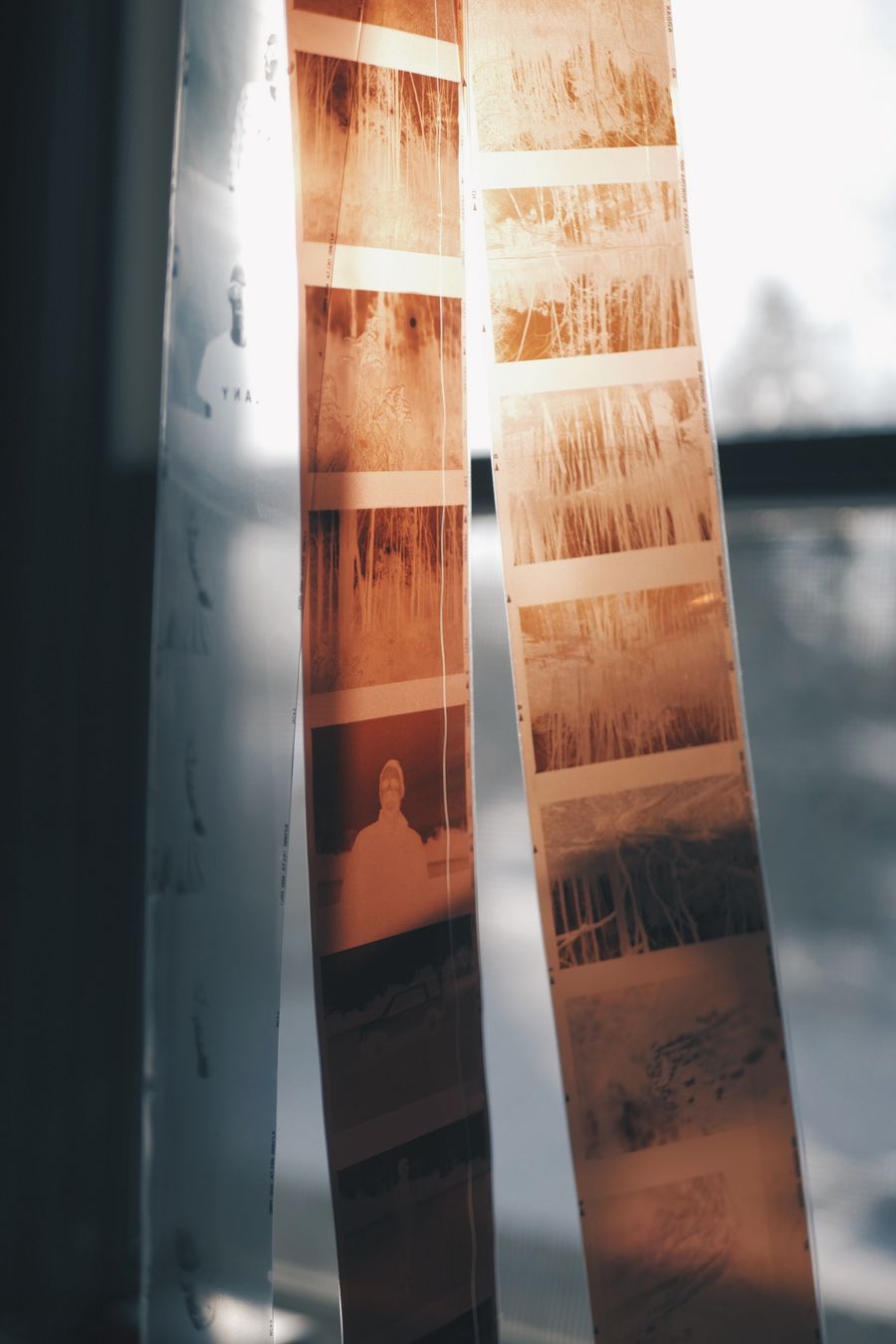Header photo courtesy of Getty Images/Hollywood Reporter
One of the oldest genres of cinema is action, which dates back to the slapstick stunts of the Silent Era. Considering the genre’s long track record, coupled with peoples’ increasing amount of content and decreasing attention spans, you would think that the action space would be all-hands-on-deck behind fresh stories and perspectives. Yet, action blockbusters have largely remained male-dominated on screen and off screen.
Christina Hodson, the scribe behind groundbreaking women-led action films like Bumblebee and Birds of Prey, knew that the industry could do better. Around the eve of the Times Up movement, Hodson came across the most recent WGA Hollywood Writers Report (published in 2016), which reported that men outnumbered women 3 to 1 in the 2014 feature writing space. Furthermore, out of 1608 working feature writers, they were only 114 writers who were people of color of either gender.
“Those statistics honestly were so staggering and so bad that I was like, ‘We can do something good and actually move the needle with a small group of people,” says Christina Hodson.
So in 2019, Hodson Exports joined forces with LuckyChap Entertainment to create the Lucky Exports Pitch Program (LEPP). The inaugural class of six women-identifying writers participated in a month-long writers room to workshop their original action projects and build their pitches with the support of Margot Robbie, Josey McNamara, and Tom Ackerley of LuckyChap and Christina Hodson and Morgan Howell of Hodson Exports.
Shortly after the writers’ room ended, the feature pitches were taken on cross-town pitch tours to major buyers. It has now been announced that five feature projects have been sold to major distributors. The sixth project is in active development as a high concept television series. Hodson Exports and LuckyChap Entertainment are attached to produce each project. Read on to learn more about the design of the program and its powerhouse class of writers: Charmaine DeGraté, Dagny Looper, Eileen Jones, Faith Liu, Maria Sten, and Sue Chung.
THE EXECS
*LuckyChap’s answers were answered as a group by Margot Robbie, Josey McNamara, Tom Ackerley, and Bronte Payne.
Why was it important to focus on screenwriters for the program?
LUCKYCHAP: The writer is usually the first piece in the development cycle. We think that starting here can have a ripple effect into other jobs within the making of a film. The program is also specific to the art of pitching which is typically the writer's job.
CHRISTINA HODSON: I had the wonderful experience of being in the Transformers writers room. The women in that Transformers room, we really bonded together, we really took care of each other, and we’ve all kind of gone on to do cool, big franchise projects. That friendship I have with Geneva Robertson-Dworet and Lindsey Beer has been really inspiring, and made me want to replicate that bond for other female feature writers.
What were you looking for when you were reviewing the applications for this program, and why these writers in particular?
LUCKYCHAP: Talent of course, an openness to working in a group environment and a real passion for the action space. This wasn’t just about writing films but finding writers who love action films and want to work in that space, but haven’t or would not have been given the opportunity.
MORGAN HOWELL: A term that we used a lot through this process was “generosity of spirit.” We found people who really wanted to help one another develop their movies, work together, collaborate and help each other through the room.
Sometimes writing is hard to judge because some of the women didn’t have the action feature sample that we were looking for. Some of them had pilots, some of them had spec samples. So we also focused on how a writer writes geographically within the scenes and movement within the scene itself.
CH: We would have loved to go wide and invite the whole world to apply, but this was our first year. We’re self-funded and it was just us reading so many scripts. It had to be a smaller process, but we hope in the future to expand it.
What surprised you about this program, the writers, and this process?
LUCKYCHAP: How many industry professionals jumped at the opportunity to share their time and knowledge with these writers. It goes to show that we’re not the only ones who want to see these statistics changed.
CH: How the writers were so willing from Day 1 to be in the trenches with each other. On days off when one of them was freaking out because Act 2 had just fallen apart, they would send an SOS text and two of the other writers would come in on a day off and meet up on Sunday.
In your opinion, how will greater inclusion of women in action features impact the industry in general?
LUCKYCHAP: There are so many talented writers out there who have been overlooked because of their gender. Including these voices is only going to add great material to an extremely popular but well-traversed genre.
MH: For example, some of the projects fall into sub genres, like an action romantic comedy and action-horror. Even in our small room, that’s 6 different types of action and 6 different types of stories that were all so unique and different.
CH: Better representation happens naturally, when you have women writers. Often when you try to shoe-horn [representation], you could end up with scripts where people are just gender-swapped for the sake of it, rather than starting from a place of, “I love this character as a human being, and they’re gonna end up on screen.” Women in action features bring fresh perspective, fresh stories, fresh characters. Which is all just a win for the audience.
THE WRITERS
Charmaine DeGraté
Charmaine DeGraté is currently a writer and co-executive producer on HBO’s Game of Thrones: House of the Dragon and Hello Sunshine’s Daisy Jones and The Six. Her other works include the critically acclaimed sci-fi series, The 100, in addition to other Amazon and Netflix shows.
Charmaine attended Vassar College where she spent summers working as a Congressional intern in Washington, DC and producing plays at The Powerhouse Theatre. She graduated from Vassar with a double major in English Literature and Political Science.
A recipient of The August Wilson Playwright Fellowship, Charmaine is also a graduate of The Warner Bros. Television Writers’ Workshop, an alum of the Austin Film Festival, and an active member of Women In Film. In the summer of 2020, she signed a development deal with Warner Bros Television.
Ms. DeGraté has a long-standing commitment to humanitarian causes and is an advocate for the education of young women in America and around the world. Currently, she works with Girl Up, Write Girl, and the International Rescue Fund.
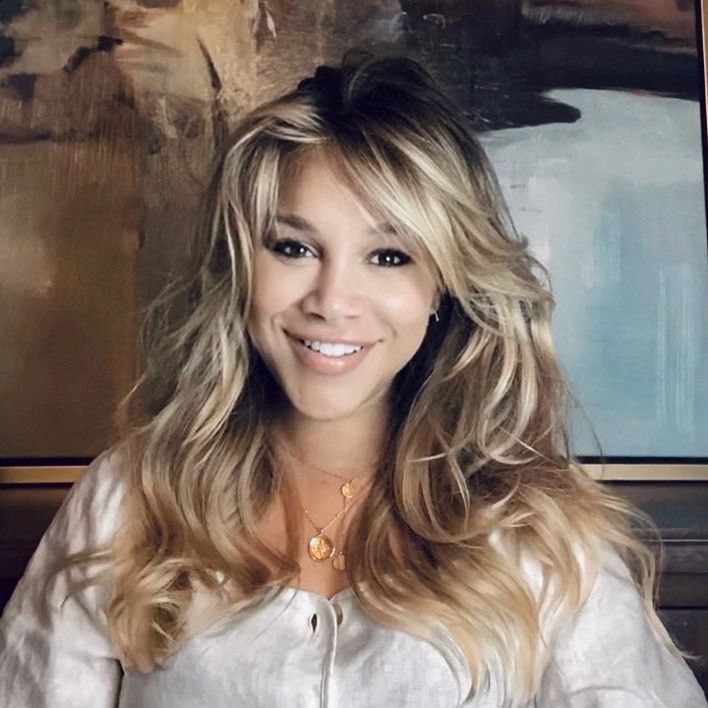
DeGraté’s Protege is a propulsive, female-led assassin thriller.
What inspired your story for the program and what were the challenges you encountered while creating it?
A female assassin is forced to hunt down her beloved mentor after being plunged into a real life game of Battle Royale where only one of them can come out alive. It's a character-driven action thriller, exploring the delicate, psychological dance between mentor and mentee. It’s propulsive, packed with adrenaline while playing with the themes of trust and the spiritual cost of victory.
Someone once told me to write the movie I thought was missing from the industry. While we’ve seen dual female protagonists on the small screen, we haven’t seen many in cinema, particularly in the action genre. So I thought it would be fun to play with that a bit. The mentor/ mentee relationship plays such a pivotal role in the hero’s journey and mythological storytelling that I thought—let’s do it with two badass women.
How does your unique identity influence the kind of scripts you want to write?
I’ve always wanted to write visually stunning spectacles. As a child, movies laid the foundation for my creative voice, but what I missed—as a young girl and a person of color—were those characters that looked like the people in my world. Now, that’s always top of mind for me when I’m developing a story: flawed, fun, smart, nuanced women at the center of a diverse world. I want audiences, particularly young women, to experience that sense of empowerment, joy, excitement, and wonder while seeing reflections of themselves.
How did other action films, screenwriters, and/or directors influence your approach to your script?
The movie has all of the character-driven emotion of Hanna with the propulsive, slick visual feel of John Wick. Christina Hodson is also one of my favorite feature writers, so she definitely had influence on my approach to it.
Christopher Nolan’s Dark Knight trilogy definitely influenced the script. I’m a huge fan of Katherine Bigelow and Patty Jenkins. I love the way they preserve character inside of high-octane action sequences. Black Panther’s Dora Milaje Warriors continue to be an inspiration. And The Bourne Identity had an immeasurable impact on me as a writer and movie-goer. And of course Crouching Tiger, Hidden Dragon, with its brilliantly crafted female warrior leads. This is why I love tentpole movies. They transport, transform, amaze and delight.
What are the most valuable lessons you've learned from participating in LEPP?
Empowered women empower women. [LuckyChap and Hodson Exports] using their influence to carve out a space for women to have access to these opportunities is how progress is made.
What's next for you?
I just wrapped Game of Thrones: House of the Dragon for HBO, Daisy Jones and The Six for Amazon, and signed a development deal with Warner Bros Television.
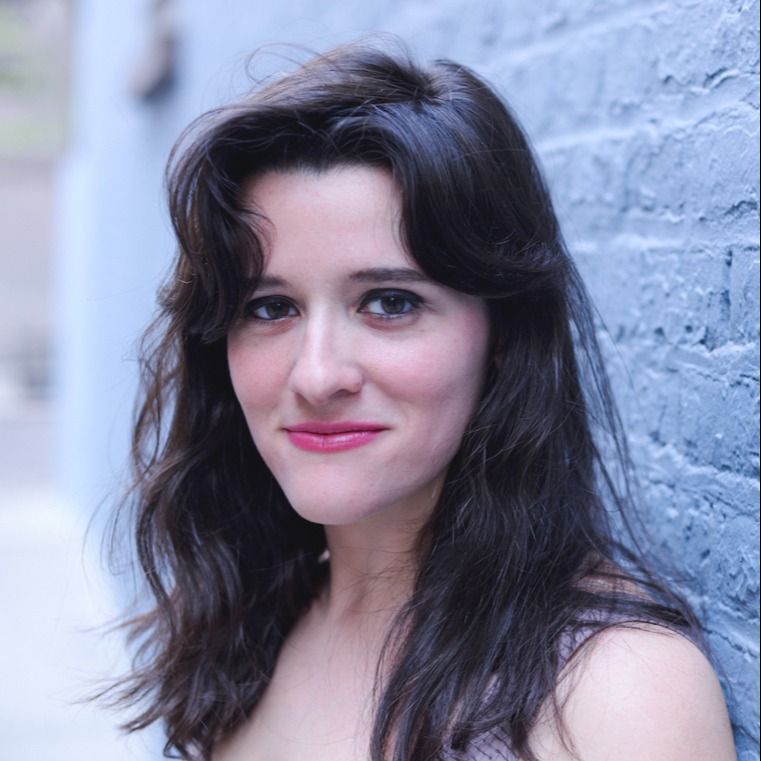
Dagny Looper
Originally from rural Arkansas, Dagny grew up with a deep love for science. In high school, she studied artificial intelligence at M.I.T. and earned a B.Sc. in astrophysics at Caltech and a PhD in astronomy, studying “dying stars” and planets. Her love of writing led her to NYU where she earned an MFA in filmmaking. She enjoys Southern gothic books, sci-fi, and genre-bending thrillers.
Looper’s action wedding rom-com, Hijack, is in development at Warner Bros.
What inspired your story for the program and what were the challenges you encountered while creating it?
Hijack is about a woman who accidentally ruins her ex’s wedding, but when the boat gets hijacked, she's the only one who can save the party. The story is inspired by how many awkward situations I've found myself in and my background in martial arts (I have a first-degree black belt in tae-kwon-do). The challenges in writing it were trying to separate myself from the heroine and really put her through the ringer.
How does your unique identity influence the kind of scripts you want to write?
I'm from a small town in Arkansas where my grandparents ran the local funeral home. I think this upbringing has given my writing a sort of raw, wilderness of reality. I was also a scientist before I became a screenwriter so many of my stories are naturally infused with science… except for Hijack. That script is pure action-packed muscle with a glaze of self-humiliation.
How did other action films, screenwriters, and/or directors influence your approach to your script?
Die Hard is such a classic action film and a touchstone for many movies. I wanted to write something with muscle for a smart but self-critical woman: think Phoebe Waller-Bridge from Fleabag stuck in Nakatomi Tower and she's the one who has to save the hostages. God save us all.
What are the most valuable lessons you've learned from participating in LEPP?
Our Hodson Exports and LuckyChap producers helped us build our pitches and take them out to sale. I learned how to properly pitch and realized everything I'd been doing wrong until then! After the program, I went out for my next OWA at a big company and won it.
What's next for you?
I'm currently a writer and supervising producer for the sci-fi series BEACON 23 created by Zak Penn. I'm also creating my own dark comedy show about WITCHES with Rideback.
Eileen Jones
Originally from Houston, Texas, Eileen is currently writing HIGHWAYMAN for New Line and serving as a Producer on Fox's PRODIGAL SON. Previously, she wrote on LETHAL WEAPON and was a member of the 2016-17 Warner Brothers Writers Workshop. Before deciding to write professionally, Eileen assisted Joe Biden in the final leg of his Senate career, while he was running for President. She then completed her master’s in creative writing at Oxford and moved to LA, where she assisted Kathryn Bigelow. As Eileen pursued her screenwriting career, she made a name for herself as a go-to ghostwriter for many A-list directors, crafting some 250 treatments for a wide variety of short form, TV, and film projects.
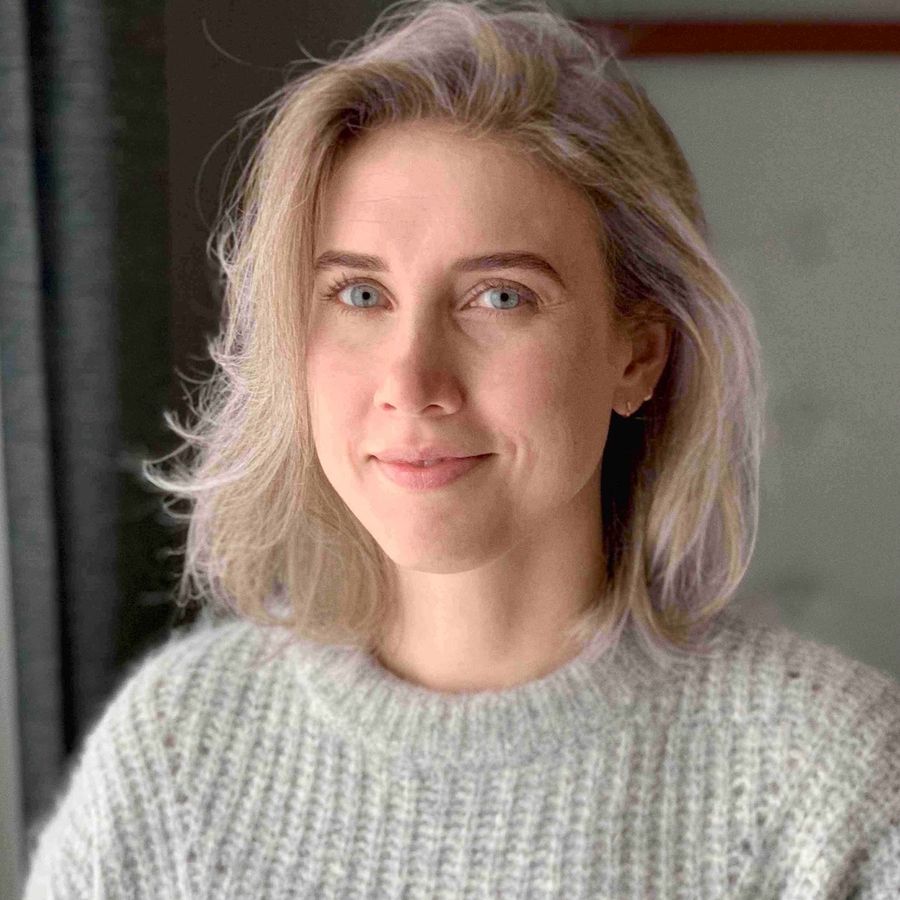
Jones’ Highwayman is a high-concept Gold Rush western in development at New Line.
What inspired your story for the program and what were the challenges you encountered while creating it?
Highwayman is a propulsive action movie best described as Speed set during the Gold Rush. It’s a western, but it flips the genre on its head a bit because it’s ultimately about this diverse group trying to make their way in a very dangerous white man’s world. It’s kind of the inverse of Stagecoach. I always want to see women challenging expectations and shattering norms, and I had read a lot about women who were doing just that during that time period. Crafting a western around a defiant woman felt like such a ripe opportunity to dig into larger cultural issues while satisfying that craving for some wild action.
The biggest challenge was convincing the producers to tackle a western! The genre doesn’t scream “commercial.” But I was really passionate about my take and the producers embraced the idea. To combat any worries about westerns, we agreed that the target should be commercial with a contemporary tone, and we steered towards that.
How does your unique identity influence the kind of scripts you want to write?
Growing up in Texas, I was always really aware of the double standard for men and women. Riding horses was actually the one place where I got to compete against the boys, so I knew I could hack it, and yet I felt like it wasn’t appropriate to be as competitive or outspoken or even as tall as I was. So the table was set for me to have this innate desire to see women onscreen holding their own, being determined, being wholly themselves
How did other action films, screenwriters, and/or directors influence your approach to your script?
My first job in LA was assisting Kathryn Bigelow, and I learned so much from her approach. Her films are all incredibly tense and kinetic with showstopping action, but those qualities never overshadow or sacrifice character. I believe that the best action serves to illuminate character and that an action movie can and should be rich in emotion…I want to write scripts that put women on screen in authentic, challenging, and ultimately moving ways.
What are the most valuable lessons you've learned from participating in LEPP?
Digging into the art of pitching was huge. But the example Christina set in lifting up other women was even more valuable than that. I had gotten so used to working mostly with men that I didn’t even realize how much just being in a room with other female writers would mean to me. The very first day, Sue Chung joked, “I love it so much I’m already pregnant!” and I laughed so hard I genuinely cried, because that’s just not something we would say if we weren’t in the safe company of other women.
What's next for you?
I’m in a writers’ room at the moment, and we’re hard at work writing season two of Prodigal Son. It’s all happening via Zoom, and we start shooting mid-October. Beyond that, I’ve got a few [projects] I can’t discuss just yet, but I’ve got my sights set on doing a female-led spy thriller.
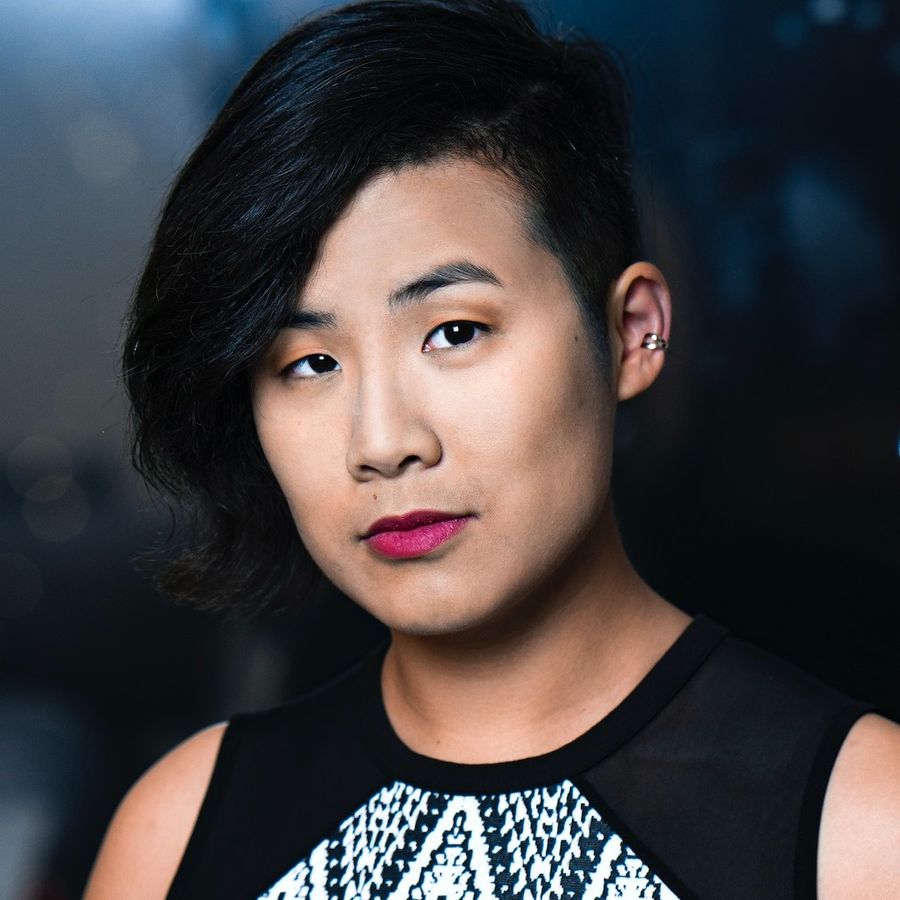
Faith Liu
Born and raised in New Jersey, Faith Liu is a writer and director. Homeschooled K-12, Faith encountered a variety of people and cultures that inspire her work: she directed an award-winning short documentary on the shared experiences of Sudanese refugees and Polish expats; produced and directed a full-length opera production of Mozart’s Magic Flute set during the Cold War; and published in multiple academic journals on the subjects of J.R.R. Tolkien and on Southern Gothic fiction. She received her MFA in Screenwriting from USC as an Annenberg Graduate Fellow and the school’s inaugural T.C. Wang scholar; served as an assistant for WARRIOR on Cinemax and BETTER CALL SAUL on AMC, and was a 2019 CAPE New Writers Fellow.
Liu’s bio-hacking college slasher, Grinders, is in development and has been acquired for distribution by Sony and Blumhouse.
What inspired your story for the program and what were the challenges you encountered while creating it?
Most of my stories begin by going down an internet rabbit hole, finding some unique subculture or historical oddity, which is how I found biohacking. Biohacking is a community of radical optimists and DIYers working to cure disease, circumvent Big Pharma, find ways around their own disabilities, transcend their humanity… or just implant magnets into their fingers to levitate paper clips. To me, that atmosphere just reeked of college. A lot of it came from my own college experience: the intoxicating rush of finding "your people" freshman year, the hijinks, the big personalities. Probably the biggest challenge was just trying to cram it all into one script!
How does your unique identity influence the kind of scripts you want to write?
Growing up as an outsider—homeschooled, Taiwanese-American, tomboyish, demisexual—had its own sort of freedom. I never had a set of expectations to fulfill, so I found myself making up stories about anything. There's a pressure in the industry for people like me to write only about being Asian American, or about being a woman, and while I might occasionally write about those things, I've never liked being put into a creative box.
A big part of my education was borrowing as many books as we could carry from the local library. I never lost that sense of wonder most kids had when they opened their first book on dinosaurs or Ancient Egypt. I hope people walk away from [my projects] feeling like they've learned something, that there's a little more wonder to their existence. That said, I do find myself repeatedly writing stories of outsiders finding community, so maybe there's wishful thinking there as well.
How did other action films, screenwriters, and/or directors influence your approach to your script?
I drew a lot of inspiration from genre films of the '80s and '90s: The Lost Boys, Flatliners, The Craft. Ironically, I hadn't been exposed to many of these films prior to the program; I was the "baby" of our class, and everyone else had a lot of fun introducing me to all these movies that I'm sure my mother would have considered a bad influence back in the day. There's an intoxicating, rebellious spirit to the characters in those films that's been infused into the DNA of my script, alongside more modern techno-thrillers like Black Mirror and Baran bo Odar's Who Am I – Kein System ist sicher.
What are the most valuable lessons you've learned from participating in LEPP?
I've loved action and thriller films all my life, and for most of that time I've shared that enthusiasm with primarily men. By the time I joined LEPP, I wore tomboy-ness like a second skin, to the point where I actually experienced what I call "female impostor syndrome"— fear that I wasn't woman enough, that owning up to my womanhood would mean losing my edge or some essential part of me. LEPP not only showed me just how possible being a woman in the action space was, but it also provided me with a community of women who have helped me hone my craft and become more comfortable with my femininity…and are every bit as enthusiastic as I am about disembowelment and sucker-punching bad guys in the face.
What's next for you?
I have a few other irons in the fire: an animated sci-fi Western, a 1940s conspiracy thriller, and a TV show concept based on a video game that I'm still getting the hang of. But once Covid-19 restrictions lift, I'm hoping to visit some of those old college friends that I've metaphorically murdered in this script. I feel like I owe them an apology!
Maria Sten
Maria Sten is an actress, writer and filmmaker from Copenhagen, Denmark. Of Danish, Swedish, Congolese ethnicity, Maria started her career as a professional dancer and model and holds the title of Miss Denmark 2008. Maria was a fellow in The Black List / ATX TV Festival Writing Program 2017, The Black List / Women In Film Episodic Labs 2017 and starred as the lead in the 4th season of Syfy's Channel Zero. She debuted her first short — which she wrote, directed, produced and starred in — at Uptown Short Film Festival and LA Shorts Fest in 2016.
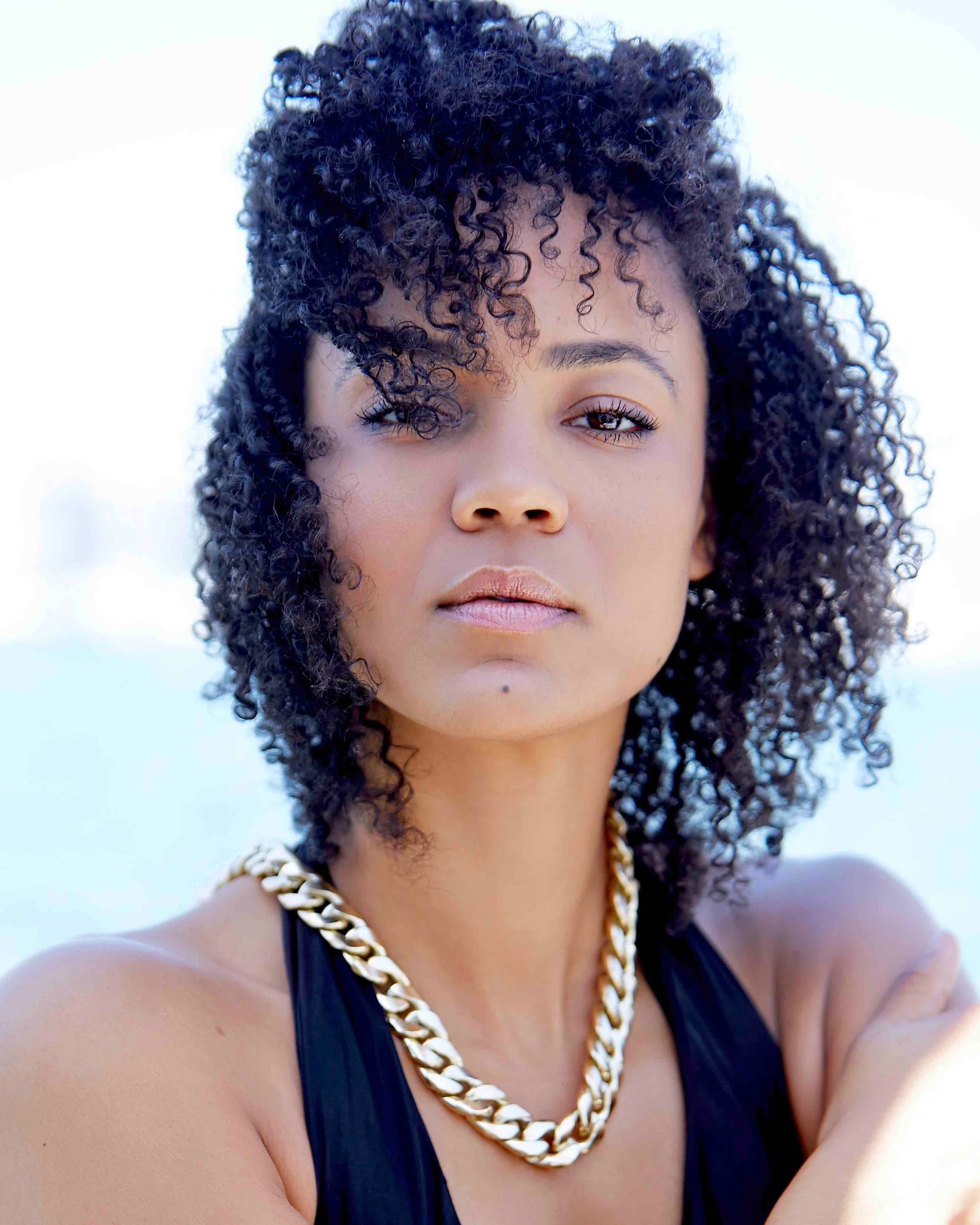
Sten’s Legacy, a New Orleans-set heist drama, is in development as a television series.
What inspired your story for the program and what were the challenges you encountered while creating it?
Thematically, my project revolves around the concept of family. It’s a sister story set in the vibrant gritty criminal world of New Orleans and was inspired by my own family history. I grew up with a very unusual family dynamic and because of that, I’ve always been obsessed with stories that explore the idea of family and what that means in various iterations.
The biggest challenge on this project has probably been the fact that the story is so personal to me. Sometimes when things mean more, I find that they’re tougher to get right, but that also tells me it’s worth it.
How does your unique identity influence the kind of scripts you want to write?
I am Danish, Swedish, Congolese and an immigrant who came to the US alone when I was 18, and that has influenced my writing. I often write from the perspective of an “other.” Of someone who can adapt, yet never quite belongs. Whether I initially was aware of it or not, that has also manifested into me writing about people and/or characters who often aren’t represented in the cinematic landscape—underrepresented by way of race or gender or socioeconomic status in the world. I love writing high concept stories and world-building and, with some effort and good luck, I hopefully get to say something that matters.
How did other action films, screenwriters, and/or directors influence your approach to your script?
They gave me inspiration, primarily. I am first and foremost a fan of the movies and of storytelling, and the excitement I get from watching a great movie or TV show is often what gets me back to the page.
What are the most valuable lessons you've learned from participating in LEPP?
Collaboration. How the studio system mandate works. How to approach a pitch as opposed to writing something on spec. And of course, how to write for a budget is essential with specific regard to action movies.
What's next for you?
I’m currently writing on David E Kelley’s show Big Sky on ABC and I’m acting on DC’s Swamp Thing on the CW. And then I have a few original TV projects and an original feature that I’m looking to chip away at soon.
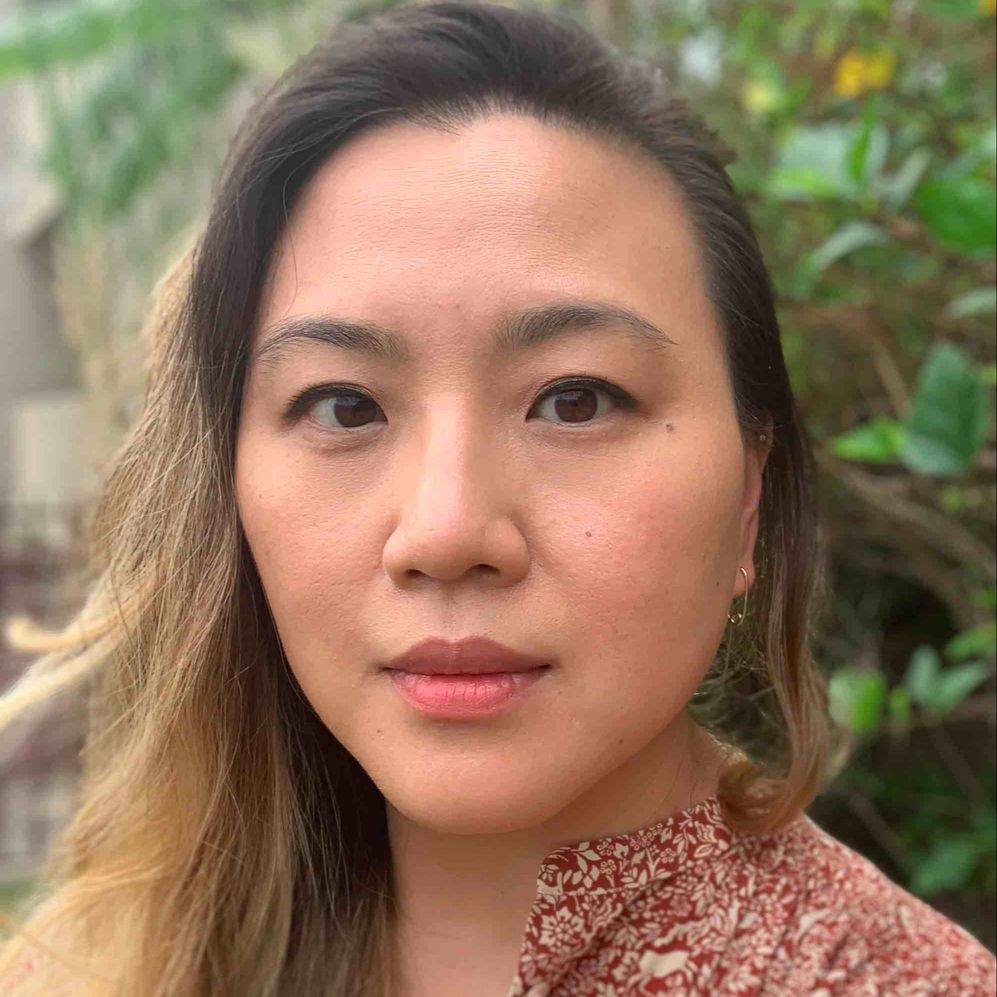
Sue Chung
Sue was born in South Korea, immigrated to the U.S. as a toddler, and spent much of her childhood moving up and down the East Coast. Although she was obsessed with movies from a young age, screenwriting wasn’t even a blip on the radar until she found herself in Manhattan after college. While working in the beauty sector and writing editorials for women’s magazines, she took a screenwriting class for fun and quickly realized she wanted to pursue it professionally. In Los Angeles, she got her break selling a pilot with Chris Morgan and Len Wiseman. She has sold pilots to ABC, 20th Century Fox, WBTV, and the CW, and has written and produced shows including DC’s Gotham, Marvel’s Agent Carter, and the Ava DuVernay-produced The Red Line.
Chung’s Sanctuary is an immigrant-led action thriller, acquired for distribution by Universal.
What inspired your story for the program and what were the challenges you encountered while creating it?
My story is about a woman who immigrates to the U.S. to escape the trauma of her past. She finds work as a nanny, but when the little boy she takes care of goes missing one day, she’s thrown back into the deep end of her previous life and has to pull out all the stops to save this child.
In general, I’m inspired by grounded underdog stories—when people start off in powerless positions and have to use their own grit to overcome obstacles. The “pull-yourself-up-by-the-bootstraps” mentality is very American, which is why I went toward an immigrant protagonist. It’s the American Dream, to achieve what you came here to achieve. To put that in the context of an action movie struck me as a relatable, character-based approach to the genre.
The biggest challenge for me was trying to pare the plot down because I initially wanted to include too many immigrant stories through side characters.
How does your unique identity influence the kind of scripts you want to write?
I was born in Korea and immigrated to the US as a toddler. We moved around a lot and most of the places I lived in were overwhelmingly white in terms of demographics. At school, I never felt “American enough;” in Korean settings, I never felt “Korean enough.” I’ve spent a lot of my life trying to read people, trying to get my bearings in new situations, and trying to feel grounded when everything external is constantly shifting.
My dad raised me on his favorite movies, which were action movies and thrillers. So if you put that all together, I gravitate to action/genre scenarios where the characters remind me of that personal struggle, of trying to fit into a world that doesn’t feel comfortable. Someone who isn’t sure where they’re going or how they’re going to get there, but has enough faith to keep putting one foot in front of the other.
How did other action films, screenwriters, and/or directors influence your approach to your script?
A lot of my favorite action/thriller films tend to have a strong emotional investment. Once you add a child into the mix, it feels very accessible on that level. Older movies that focus on the hero’s emotional bond with a kid—like Witness, Aliens, Terminator 2, The Professional—were helpful for me. I also watched a lot of Asian cinema to get into the right mindset—movies like Fury, A Bittersweet Life, The Villainess, The Man from Nowhere.
What are the most valuable lessons you've learned from participating in LEPP?
Multiple heads are better than one! I’ve primarily written for TV before this, which is collaborative. But I’ve written original pilots and I imagine that it’s not far off from most feature writing: a lot of isolation and sitting there beating your head against a wall when you get frustrated. LEPP was a great bridge between those two approaches. We brought our own ideas, but whenever I got stumped, every woman in that room helped me figure out how to make the story better, and vice versa. Everyone has a different perspective based on their own experiences, their own tastes, and their own exposure to storytelling, and working with that kind of breadth made the process fun.
What's next for you?
I don't think I can say anything specific yet, but I'm looking at a couple staffing and development jobs in TV and features.

